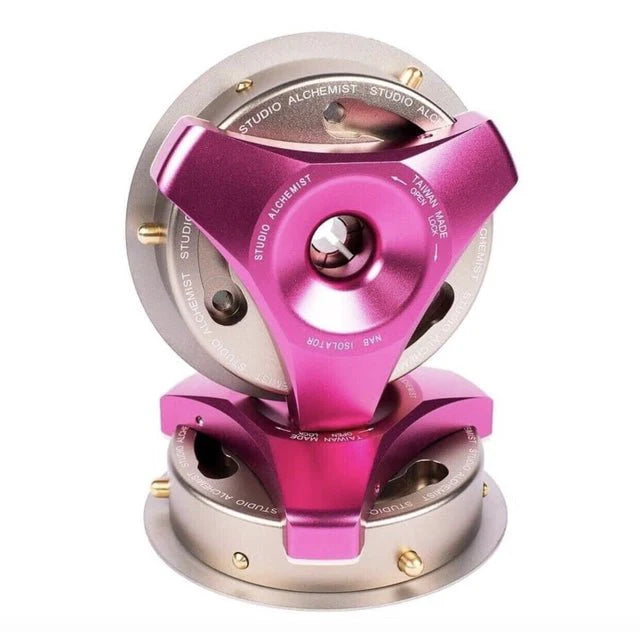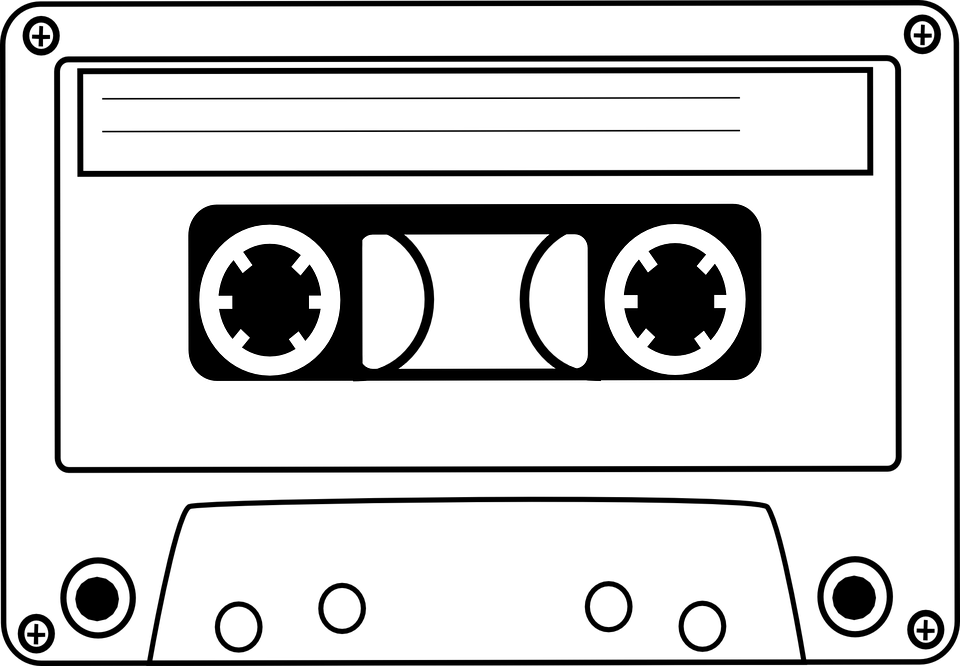The Winner of the Long-Thibaud Competition: Devy Erlih
The qualities of imaginative freedom, tonal beauty and spontaneity that Devy Erlih brought to mainstream repertoire. Devy Erlih remains an elusive presence among the violin greats of the last 60 years. Yet this éminence grise of the instrument was associated with some of the finest composers of the mid-20th century, and gave numerous world premieres, often of works written especially for him.
Music does need ‘translation’ in performance - and the best way to celebrate Erlih’s birthday would surely be if a connoisseur would reissue some of the violinist’s early recordings, and if we could explore anew the works he championed and reassess their lasting worth. Much of this music has been silenced for years or decades as new fashions take over; and, as Erlih suggests, we may be missing out.
Henri Tomasi, gave Erlih the opportunity to play the Brahms Concerto with his orchestra. In 1955 he won the Long-Thibaud Competition – the last French violinist to do so. Ironically, Erlih had encountered Jacques Thibaud himself several times. A more profound impression came from George Enescu, with whom Erlih gave a recital including the Romanian composer’s Second Sonata. Henri Tomasi was among the first composers who wrote for Erlih. Devy Erlih gave the premiere of Bruno Maderna fantastic concerto, an astonishing piece and he also gave the world premiere of Milhaud’s Second Concerto. Then Martinu˚ came to hear Erlih in New York and gave Erlih his concerto, asking
whether Erlih could play it in France, which he did – it was his first concert with the National Radio Orchestra of France.
That was the tip of the iceberg: in due course Devy Erlih championed concertos by Charles Chaynes and Pierre Max Dubois, Mobile by Maurice Jarre, and music by Giacinto Scelsi and Yves Prin. Devy Erlih gave the Japanese premiere of Dutilleux’s violin concerto L’arbre des songes in 1989, standing in for an indisposed soloist at just three days’ notice.
André Jolivet loomed especially large in Erlih’s life; he frequently performed the composer’s 1972 Violin Concerto and Suite rhapsodique. ‘Jolivet was a massive person, rather severe and reserved, but he gave you the impression of an immense solidity of character,’ recalls Erlih.
Devy Erlih, portrait d'un violoniste pionnier
Devy Erlih was a French violinist and the 1955 winner of the Long-Thibaud competition. Devy Erlih was born in Paris on 5 November 1928. His Romanian-Jewish parents were first-generation immigrants to France from what is now Moldova. His parents made sure that he spoke only French so that he would not be known as an immigrant. His father was a folk musician, playing the cimbalom and the pan pipes. Before he was ten, Erlih was the star attraction in his father’s café orchestra, performing nightly in a brasserie.
Devy Erlih one of the greatest giants of the French violin school, and one of the most important proponents of the contemporary music. After studying with Jules Boucherit at the Paris Conservatoire, he won the Long-Thibaud competition in 1955 which lauched his career. He gave the world premiere of the works of Maderna, Milhaud and Martinù. According to his pupil Philippe Graffin, he was a violinist with a beautiful tone that's never forced, and lots of imagination.
Devy Erlih, portrait d'un violoniste pionnier - France.















